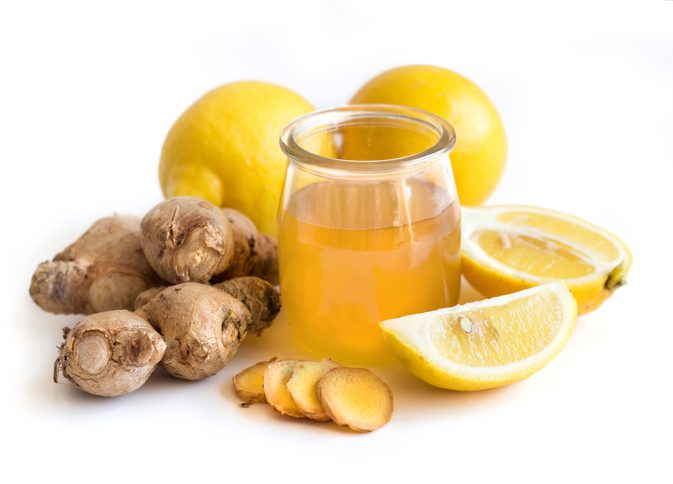Ad Blocker Detected
Our website is made possible by displaying online advertisements to our visitors. Please consider supporting us by disabling your ad blocker.
Coffee grounds are an eco-friendly and nutrient-rich byproduct that can be repurposed in the garden to enhance plant growth and soil health. Rich in essential nutrients, coffee grounds serve as a natural fertilizer and soil conditioner, making them a valuable addition to any gardening routine. This guide explores how to effectively utilize coffee grounds to support various plants, improve soil quality, and naturally deter pests.
Why Use Coffee Grounds in Gardening?
Nutrient-Rich Composition
Coffee grounds are packed with essential nutrients such as nitrogen, potassium, and phosphorus, which are crucial for plant growth. Additionally, they contain trace minerals like magnesium, calcium, and iron, further enriching the soil.
Improving Soil Structure
The organic matter in coffee grounds enhances soil aeration and drainage, creating a healthier growing environment. They also attract earthworms, which contribute to soil fertility.
Natural Pest Control
The texture and acidity of coffee grounds can help deter pests such as slugs and snails, offering a natural and chemical-free pest management solution.
How to Use Coffee Grounds in the Garden
To maximize the benefits of coffee grounds:
- Collect coffee grounds from your daily brew or local coffee shops.
- Apply a thin layer directly onto the soil to prevent compaction.
- Mix into compost to enhance its nutrient content.
- Incorporate into potting soil for potted plants.
- Use as mulch for acid-loving plants to maintain an optimal soil pH.
Best Plants to Benefit from Coffee Grounds
Certain plants thrive with the addition of coffee grounds, especially those that prefer slightly acidic conditions. Below are some of the top plants that benefit from coffee grounds:
1. Roses – Boosting Blooms
Rich in nitrogen, coffee grounds promote lush foliage and vibrant blooms in roses. Apply a small amount around the base and mix gently into the soil for best results.
2. Begonias – Enhancing Growth and Color
Begonias benefit from the organic matter and nutrients in coffee grounds, which support healthy growth and enhance flower vibrancy. Use as a mulch to retain moisture and slowly release nutrients.
3. African Violets – Supporting Leaf and Bloom Health
African violets thrive in slightly acidic soil, making coffee grounds a great soil amendment. Mix a small quantity into the potting soil to encourage healthy leaves and vibrant flowers.
4. Christmas Cactus – Encouraging Vibrant Blooms
Nutrient-rich coffee grounds help enhance the flowering potential of the Christmas cactus. Mix into the potting soil to support bloom development during the holiday season.
5. Hydrangeas – Intensifying Blue Hues
For gardeners looking to enhance the blue tones of hydrangea flowers, coffee grounds help by lowering soil pH. Apply as mulch around the base for gradual soil acidification.
6. Camellias – Supporting Acid-Loving Plants
Camellias thrive in acidic soil, and coffee grounds help maintain the ideal pH while enriching the soil with nutrients that promote healthy growth and abundant flowering.
7. Azaleas – Improving Soil Acidity
Azaleas prefer acidic soil, making coffee grounds an ideal amendment. Incorporate them into the soil or use as mulch to enhance foliage and flower development.
8. Blueberries – Increasing Fruit Yield
Blueberries require acidic soil for optimal growth. Coffee grounds provide essential nutrients and help lower soil pH, supporting stronger plants and increased fruit production.
9. Rhododendrons – Enhancing Soil Conditions
Rhododendrons benefit from coffee grounds by maintaining the acidic soil pH they need. Use as mulch or mix into the soil for improved drainage and aeration.
10. Gardenias – Boosting Fragrance and Growth
Known for their fragrant blooms, gardenias benefit from the slow-release nutrients in coffee grounds. Apply as mulch or mix into the soil to support long-lasting, fragrant flowers.
11. Ferns – Providing Essential Nutrients
Ferns thrive on organic matter and nitrogen, both of which are found in coffee grounds. Use as a top dressing or mix into potting soil to encourage lush, green foliage.
12. Pothos – Encouraging Lush Foliage
Pothos, a popular houseplant, benefits from the nutrients in coffee grounds, promoting stronger vines and vibrant leaves. Mix into the potting soil for a nutrient boost.
Conclusion: Enhancing Your Garden with Coffee Grounds
By integrating coffee grounds into your gardening routine, you can enrich soil quality, support plant growth, and naturally deter pests. Whether used as a mulch, soil amendment, or compost ingredient, coffee grounds offer a sustainable and effective way to cultivate a thriving garden. Experiment with different application methods to find the best approach for your plants and enjoy the benefits of organic gardening.

